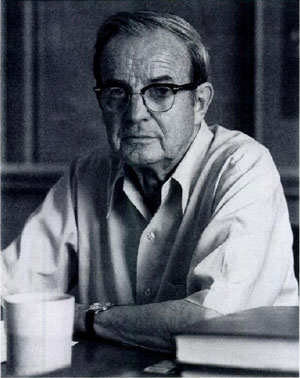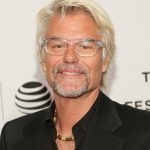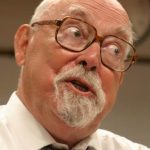Date of Birth: October 31, 1905
Zodiac Sign: Scorpio
Date of Death: December 6, 1981
Biography
Harry Harlow was an influential American psychologist best known for his research on the importance of caregiving and companionship in social and cognitive development. Born on October 31, 1905, in Fairfield, Iowa, Harlow earned his Ph.D. from Stanford University in 1930. He spent the majority of his academic career at the University of Wisconsin–Madison, where he conducted pioneering studies on maternal separation and social isolation using rhesus monkeys. His work significantly advanced the understanding of emotional and social development, emphasizing the critical role of love and social bonds. Harlow passed away on December 6, 1981.
5 Interesting Facts about Harry Harlow
1. Harry Harlow originally studied English before switching to psychology.
2. His famous “wire mother” experiments demonstrated the importance of caregiving and comfort in the psychological development of infants.
3. Harlow’s work has had profound implications for the understanding of child abuse and neglect.
4. Despite his groundbreaking research, Harlow’s methods were controversial and sparked ethical debates about animal treatment in research.
5. Harlow received numerous awards, including the National Medal of Science in 1967.
5 Most Interesting Quotes from Harry Harlow
1. “So far as love or affection is concerned, psychologists have failed in their mission.”
2. “It is well to emphasize that the love or affection of a human infant is not a matter of milk or food.”
3. “The only thing we have to fear is the lack of mother love.”
4. “The capacity for love seems to be a basic feature of the human condition.”
5. “Learning to love is an exercise, not a gift.”
Highest Net Worth Achieved
Harry Harlow’s highest net worth is not publicly documented, as his contributions were primarily academic rather than financial.
Children
Harry Harlow had two sons, Robert and Jonathan, from his first marriage to Clara Mears. He later married Margaret Kuenne, with whom he had two more children, Richard and Pamela.
Relevant Links
1. [Biography on Wikipedia](https://en.wikipedia.org/wiki/Harry_Harlow
2. [Harry Harlow’s contributions to psychology](https://www.simplypsychology.org/harry-harlow.html
3. [National Medal of Science recipients](https://www.nsf.gov/od/nms/recipients.cfm
4. [Studies on maternal deprivation](https://www.ncbi.nlm.nih.gov/pmc/articles/PMC3335608/
5. [Ethical debates on Harlow’s research methods](https://www.apa.org/monitor/jan02/animal


